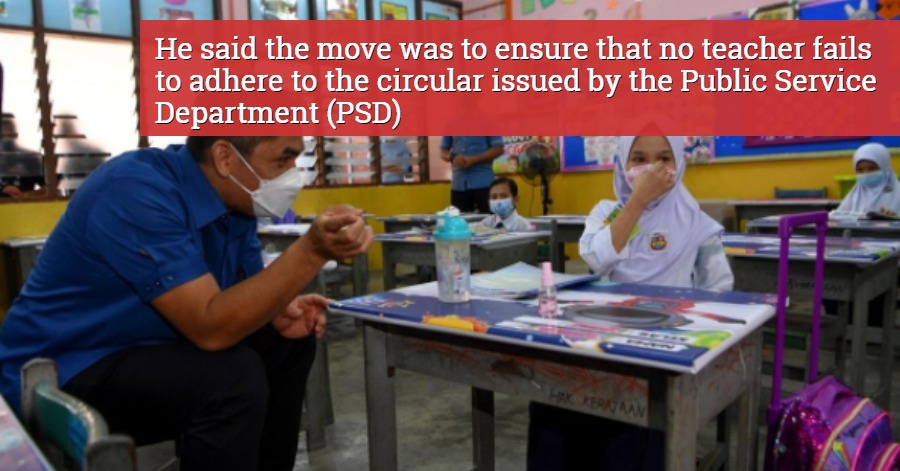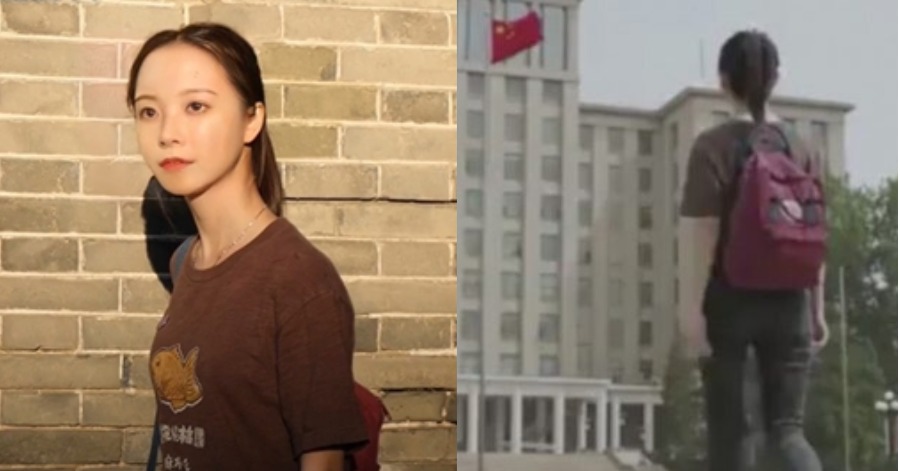Officially I have not been a student for more than 20 years. Many of my teachers who taught me in school, college, and university have left and the rest have grown older with more grey hair and become feeble. Meanwhile, I too grew grey hair. Every now and then I meet some of my former teachers. During those momentary meetings, they don’t teach me anymore but flashes of memories continue to teach me the very fundamental lesson in human life – how we grow older, how we mature and evolve as humans – the purpose of life. Besides, the warmth I feel while embracing my teachers brings my emotion to a higher level than just shedding tears of joy.
I wonder if I could have similar experiences if I had AI as my teachers, who would surely be more knowledgeable and efficient than my human teachers. Yet, would I feel any emotional attachment to my AI teachers when I meet them again later in life? The more important question is whether the nostalgic experiences with those human teachers are important at all.
Well, AI can be programmed with emotions too. In Steven Spielberg’s science fiction movie A.I. (released in the year 2001), the iconic humanoid David had emotions like love and jealousy. At the end of the movie, David continued pleading with the Blue Fairy to make him a real boy even after 2000 years after his creations. In the year 2021, that A.I. science fiction shows a glimpse of reality. Engineered Arts developed the humanoid robot Ameca who is capable of responding with emotional expressions and facial gestures. And now ChaGPT has become the central topic of conversations everywhere.
Albeit, the rise of AI brings optimism although it brings some frustration too. Bill Gates envisions AI chatbots will help students to identify areas in which they need to improve, a function that human teachers currently carry out. The Khanmigo project based on GPT-4, created by Khan Academy, is an example of how AI will work alongside human teachers. This optimism is not free from accompanying frustration. Nevertheless, AI might eventually replace human teachers, as Bill Gates contemplated.
The frustration with the sudden rise of AI with the emergence of ChatGPT surfaced as a note of caution by more than 1100 notable tech giants including Elon Musk in their open letter. The letter reads: “Should we automate away all the jobs, including the fulfilling ones? Should we develop nonhuman minds that might eventually outnumber, outsmart, replace us and make us obsolete? Should we risk loss of control of our civilization? … Powerful AI systems should be developed only once we are confident that their effects will be positive and their risks will be manageable.”
AI has replaced the human workforce in many industries and will continue to do so. Along with low-paid jobs, including customer service and receptionists, high-paying jobs such as coders, computer programmers, software engineers, data analysts, content creators, technical writers, journalists, and legal assistants are at the top of the list to be replaced by AI-based machines. Many accept this reality as a threat to human survival while others see it as a sign of progress with a wider opportunity for further development.
Being in academia for more than 25 years and having an open heart to welcome any emerging technologies, I wonder if we should attempt to replace teachers too with AI. In fact, it could be justified and not very difficult to do so. Because a machine will be more equipped than a human to train students with better knowledge and skills. Indeed knowledge and technological advancements are the keys to the progress of human civilization. But do the immensity of knowledge and advanced skill – that AI can provide – suffice the progress of humanity?
Will a machine be able to teach us the purpose of life with the warmth and emotion of a human with flesh and blood? Would knowing a real-life experience from a human and knowing it from a programmed machine be the same?
David’s emotion and Ameca’s expression touched us because those are human attributes and not machine’s. Our emotional attachment to David and Ameca bespeaks our inherent wanting for our bonding. That makes human interactions and bonding imperative for human existence.
Ironically, in the digital era, while we seem to be more connected with each other through social media, we have made ourselves imprisoned and more secluded by spending more time alone with our digital gadgets. Our emotions are now more promptly and efficiently expressed with digital emojis than our warmth and tears. This is a sign of how we are losing human bonding with each other.
Would introducing AI as teachers might be one step ahead to the end of the human bonding that is imperative for learning the purpose of life?
“The teacher who walks in the shadow of the temple, among his followers, gives not of his wisdom but rather of his faith and his lovingness. If he is indeed wise he does not bid you enter the house of his wisdom, but rather leads you to the threshold of your own mind.” From The Prophet (1923) by Khalil Gibran.
By: Prof. Dr. Mohammad Tariqur Rahman. Associate Dean (Continuing Education) at the Faculty of Dentistry, Universiti Malaya. He may be contacted at [email protected]








